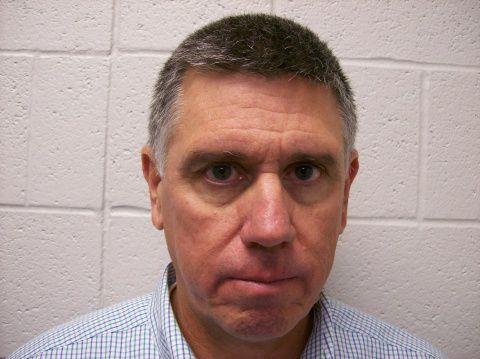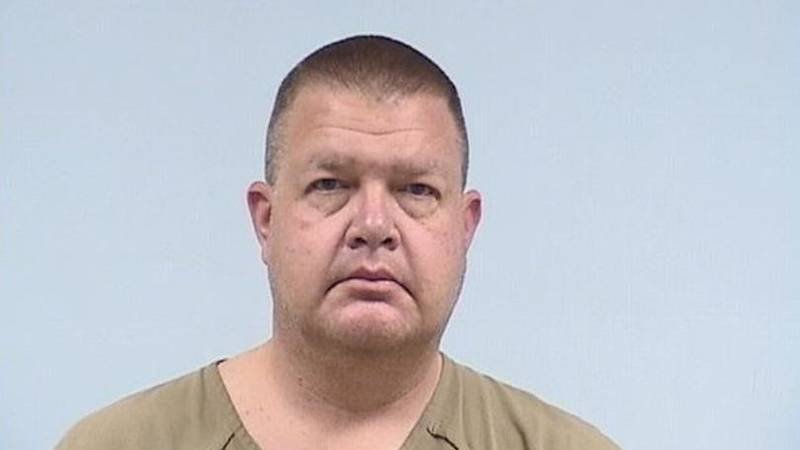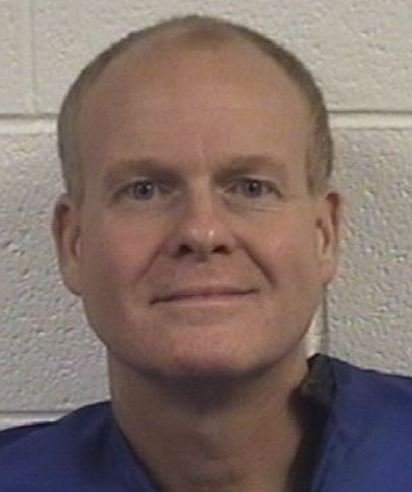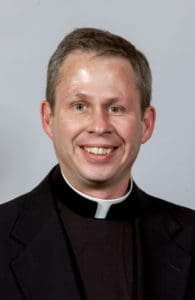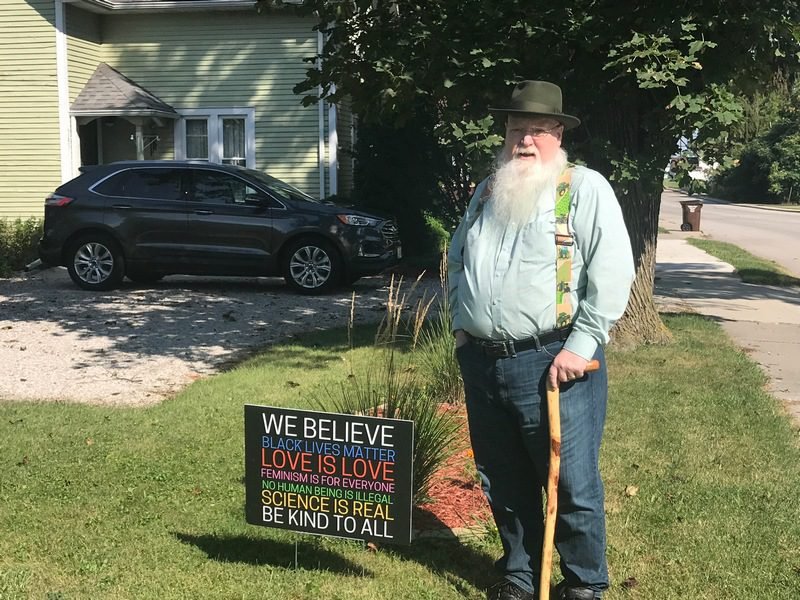
I am often asked why it took me so long to deconvert. Some people suggest that I must have really been stupid to have spent most of my life believing in a God that doesn’t exist. People who have always been atheists, in particular, have a hard time understanding how anyone could spend fifty years believing a book of fairy tales — the Bible — is real. Sometimes people can be downright cruel, suggesting that there must have been some sort of ulterior motive that kept me believing all those years. Money? Power? Prestige?
Most Evangelicals-turned-atheists deconvert in their twenties and thirties. Ministers, in particular, tend to deconvert when they are younger. Rare is the pastor who waits until he is in his fifties or sixties before he abandons the ministry and Christianity. Part of the reason for this is because older ministers have economic incentives to keep believing, or at least to give the pretense of believing. I know of several pastors who no longer believe, yet they are still doing through the motions of leading churches, preaching sermons, and ministering to the needs of parishioners. Their reasons for doing so are economic. Quitting the ministry would cause catastrophic economic and marital harm, so these unbelieving pastors continue to play the game.
Now to the question, why was I an old man before I deconverted? First, let me tell you that economics played no part in my commitment to Christianity. The most I ever made as a pastor was $26,000. I spent twenty-five years pastoring churches that paid poverty wages and provided no health insurance or benefits. I always made significantly more money working outside of the church — especially when I was managing restaurants. In retrospect, I wish I had made money more of a priority. I wish I had put my family’s welfare first. But I didn’t. I was quite willing to work for poverty wages. Why? I thought God had called me to the ministry and he alone was in charge of what churches paid me. I learned late in the game that churches are often sitting on large sums of money. These caches of money are often accumulated through paying their pastors welfare wages and providing no benefits.
I grew up in an ardent Fundamentalist home. My parents were hardcore right-wing Christians. They were also supporters of groups such as the John Birch Society. From the time I was a toddler until the age of fifty, I attended church several times a week. After my parents fell in with the Independent Fundamentalist Baptist (IFB) church movement, it was normal for me to attend church three times a week — plus Sunday school, youth meetings, revivals, mission conferences, youth rallies, youth events, church league sports, prayer meetings, visitation, soulwinning, preachers’ fellowships, music concerts, conferences, and bus calling. For many years, I attended 200-300 church services and events a year. While I had some social connections outside of the church, my best friends and girlfriends attended the same churches I did. The church was the social hub around which my life revolved.
By time I enrolled at Midwestern Baptist College — an unaccredited IFB institution — I had spent my life deeply immersed in IFB beliefs, practices, and methodology. It was impossible, then, for me to turn out any other way. It would take me thirty more years before I admitted that what I once believed was a lie.
I was what people call a true believer®. True believers continue to believe until something catastrophic causes them to doubt. In my case, I became tired of the church grind. Weary of low wages, poverty, seven-day workweeks, endless conflicts, and a lack of personal satisfaction, I decided to leave the ministry and seek out a church where I could be a help without being its pastor. I left the ministry in 2005. Between 2005 and 2008 Polly and I visited churches in Ohio, Michigan, Indiana, Arizona, and California — seeking to find a church that took seriously the teaching of Christ. All told, we visited more than 125 churches. (Please see But Our Church is DIFFERENT!) We concluded, that regardless of the name on the door, Christian churches were pretty much all the same. Polly and I made a good-faith effort to find a Christianity that mattered. In the end, all we found was pettiness, arrogance, internecine warfare, and indifference. Less than 10% of the churches we visited even bothered to touch base with us after we visited. Half of those who did, came to our home to visit because we asked them to. If I had to sum up this period, I would say this: We found out that churches didn’t give a shit. And then one day, neither did we.
It was these experiences that cracked open the door of my mind. I guess I should thank these Christians for showing me the bankruptcy of modern, Western Christianity. Once I began to doubt whether the church that Jesus built in fact existed, I was then free to examine my beliefs more closely. This examination ultimately led me to renounce Christianity and embrace secularism, atheism, agnosticism, and humanism. I remain a work in progress.
While it certainly would have been better for me if I had deconverted in my twenties or thirties, I didn’t, so it is a waste of time for me to lament the past. One positive of my long, storied experience with Evangelical Christianity is that I know Evangelicalism and the IFB church movement inside and out. This is why many Evangelical pastors think I am a “dangerous” man and warn people to steer clear of my writing. I write not from ignorance, but from a lifetime spent loving and serving Jesus, pastoring churches, and winning souls. I know things, as an informant says on TV. I know where the bodies are buried. I know about what went on behind closed church, bedroom, and motel room doors. This knowledge of mine makes me dangerous. It is also the reason doubters are attracted to my writing. As they read, my words have a ring of truth. Here’s a guy who understands, they say, a man who has been where I am now.
I can’t do anything about the past. It is what it is. If my past experiences can keep people from following a similar path, then I am happy. If I can help those who are trying to extricate themselves from Evangelicalism’s cult-like hold, then I have accomplished what I set out to do. I know I will never reach those who cannot or will not see. But for those who have doubts or questions, I hope to be a small light at the end of a dark tunnel. By helping Evangelicals see the light of reason, I can help break the generational hold of Christian Fundamentalism. Atheism is not the goal; skepticism and reason are. Once people start thinking for themselves, Fundamentalism will lose its power and control. Every person extricated from Evangelicalism is one more nail in Fundamentalism’s coffin. As long as I am numbered among the living, I plan to keep on driving nails.
Bruce Gerencser, 66, lives in rural Northwest Ohio with his wife of 45 years. He and his wife have six grown children and thirteen grandchildren. Bruce pastored Evangelical churches for twenty-five years in Ohio, Texas, and Michigan. Bruce left the ministry in 2005, and in 2008 he left Christianity. Bruce is now a humanist and an atheist.
Connect with me on social media:
Your comments are welcome and appreciated. All first-time comments are moderated. Please read the commenting rules before commenting.
You can email Bruce via the Contact Form.



